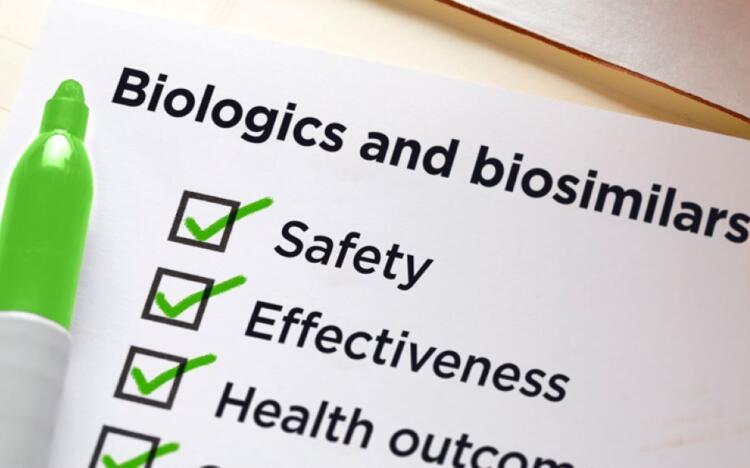Understanding biosimilars
If you use a biological medicine to treat or keep a chronic condition under control, then you may have heard your doctor mention a group of medicines called biosimilars. Read on to learn more about these medicines.

Keep track of medicines and access important health info any time and anywhere, especially in emergencies.
If you use a biological medicine to treat or keep a chronic condition under control, then you may have heard your doctor mention a group of medicines called biosimilars. Read on to learn more about these medicines.